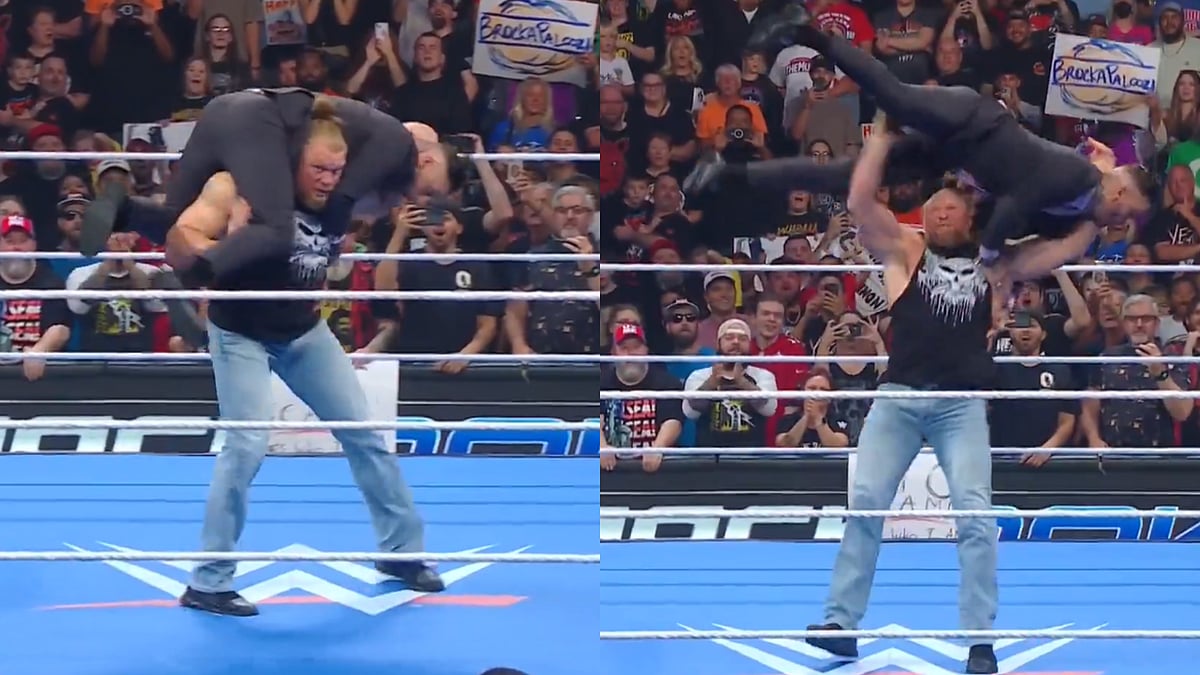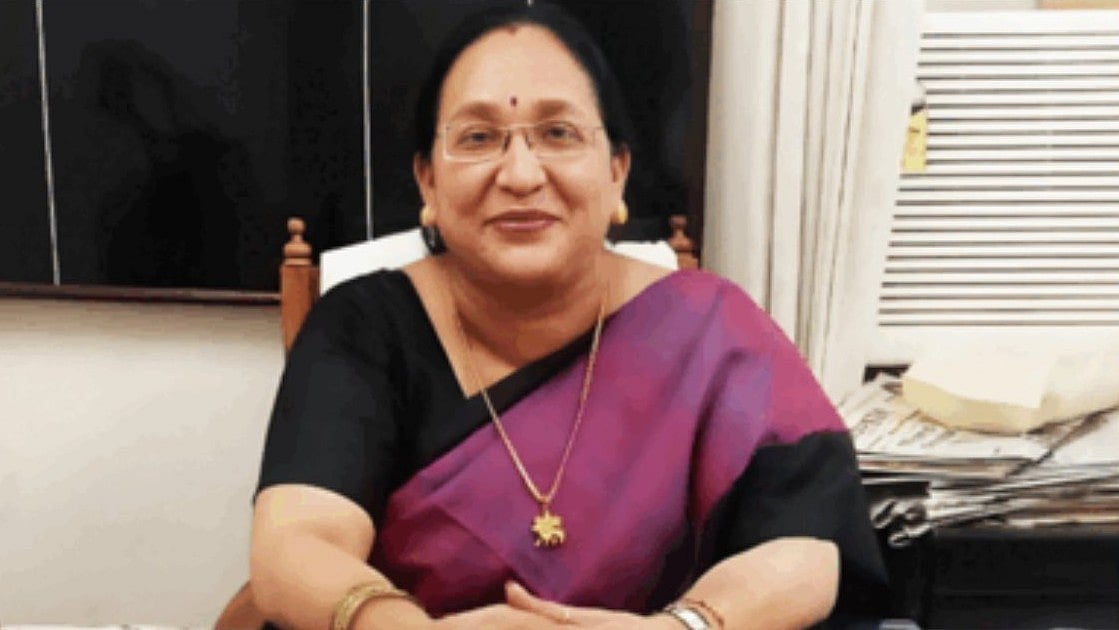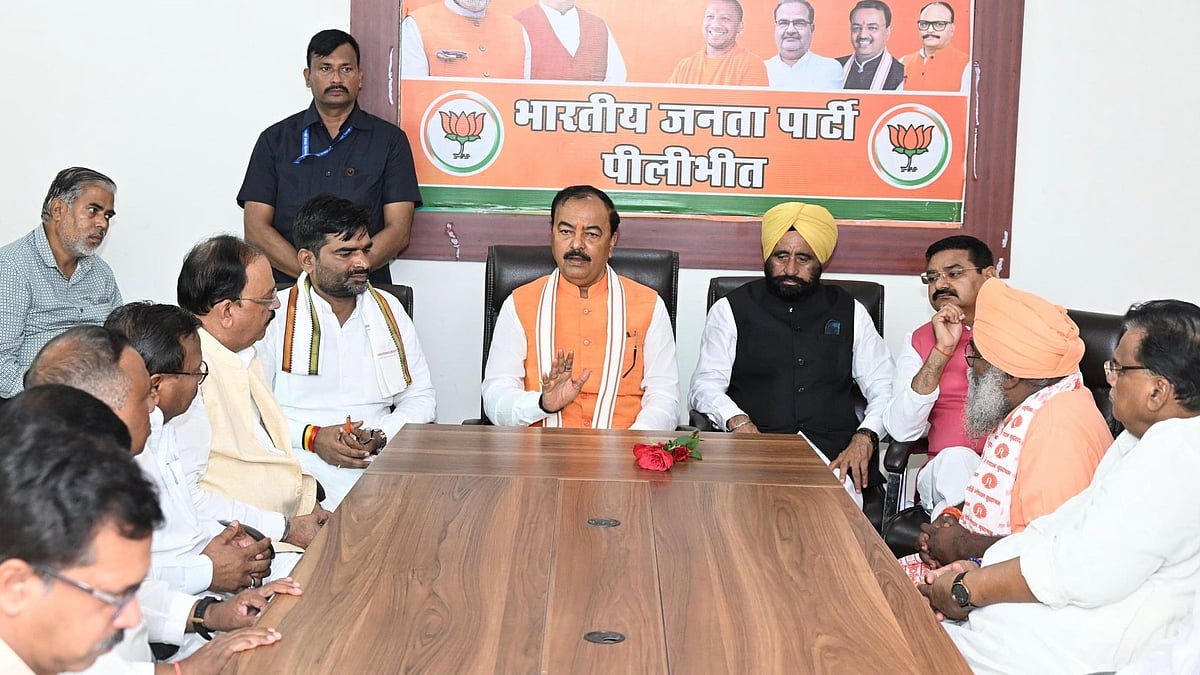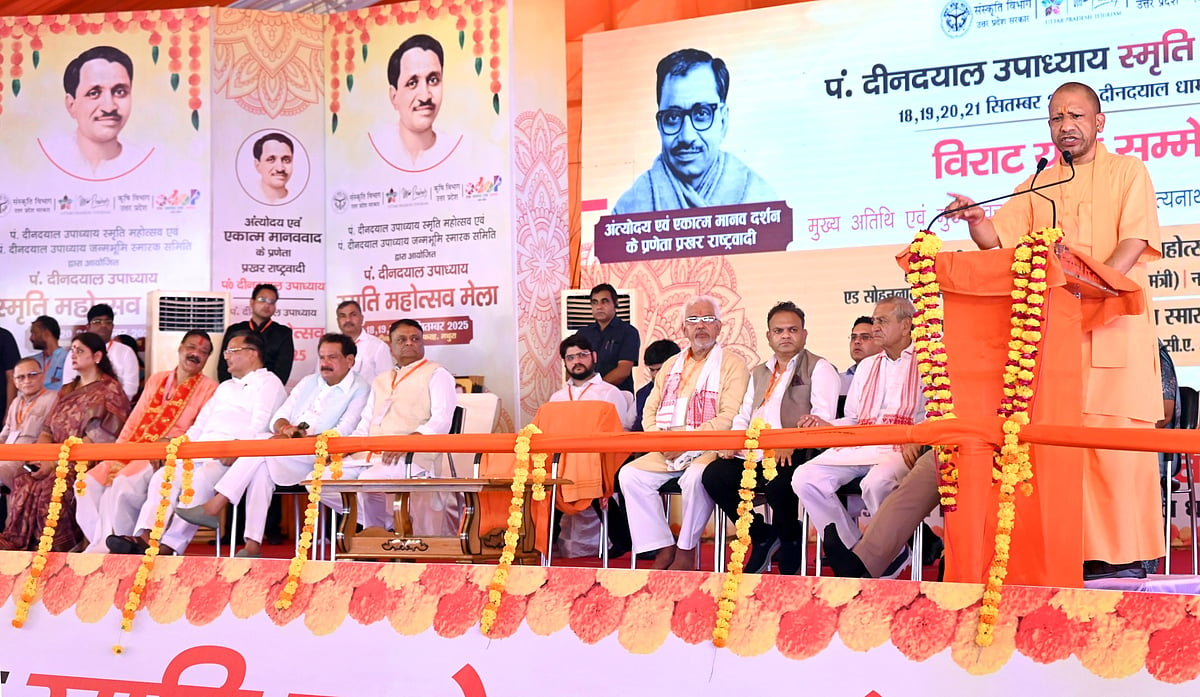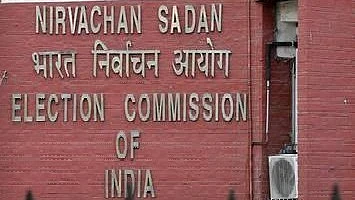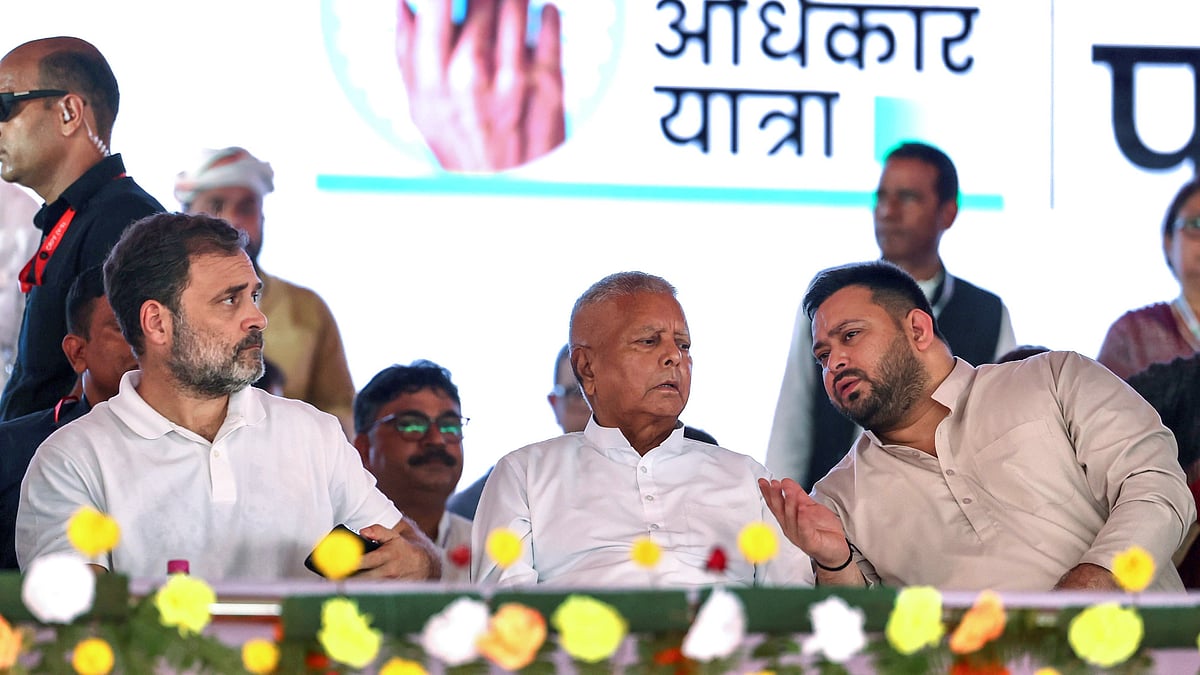New Delhi
Congress on Wednesday hit out at the BJP government over the new intermediary media rules as “dire, drastic and draconian”, saying they reflect the government is suffering from “big daddy” syndrome as the new rules are a severe blow to India’s vibrant culture of discourse, deliberation and dissent.
Party leader Abhishek Singhvi told an online press conference the rules enforced from Wednesday despite unanimous condemnation from all segments of civil and political society, is the Modi government’s “North Korean approach” to free speech.
He said dictatorial regimes, including the North Korean one, would blush at the brazenness with which the Modi government has done so. “Modi-led BJP government’s pathshala should be the new go-to place for all dictators to hone their skills in controlling free speech and thought,” he underlined.
Singhvi said this is another attempt to subordinate every pillar and agency of freedom of thought and expressions. “Having successfully done so in respect of constitutional and statutory bodies like CBI, ED, EC and several others, along with subjugation of the ‘Godi Media’, Modiji has now turned his attention to social media and social media platforms to annihilate all vestige of free speech, thought, and expression,” he affirmed.
He said most obnoxious is the asphyxiating Rule 4, ignoring every protest, entreaty, demand and request in the past 3 months to recall and modify it. It requires all social media platforms to identify the first originator of the information in any message objected by the government. Such traceability would break the end-to-end encryption. Even the previous proposals were shown to be vulnerable to spoofing where bad actors falsely modify the originator information to frame an innocent person, he said.
Dr Singhvi, a leading SC senior advocate, said the grounds for the draconian direction have been deliberately kept delightfully vague, including Rule 4(2) which allows an order to be passed “for the purposes of prevention, detection, investigation, prosecution or punishment of an offence related to the sovereignty and integrity of India, the security of the State, friendly relations with foreign States, or public order....”
He analysed effect of clauses:
Under clause 3 (d), all platforms have to remove any content deemed objectionable by the application, not by any court, but by the ministry, of such broad thresholds as quoted above.
Under clause 3(b) (i), any data may be commanded by the government to the platform to be removed on such utterly broad words: ‘belongs to another person and to which the user does not have any right."

Pai: They have clear double standards
Bengaluru
The Indian government and the country's laws should define and protect the privacy of citizens, information technology industry veteran T V Mohandas Pai said on Wednesday as he accused large social media platforms like WhatsApp of "double standards".
"Let the Court decide, not WhatsApp,” he said.
"This will go to Supreme Court", the former chief financial officer of Bengaluru-headquartered IT major Infosys Ltd, a known BJP supporter, predicted.
The big issue is: should a private social media platform decide such matters by means of a one sided contract or should regulations, according to him.
“These platforms have now become public utilities as crores of people use them. Our data is not safe. They are subject to US law and their security agencies have full access to our data. So where is the privacy?" he asked.
“They (WhatsApp) have clear double standards. Our government and our law should define and protect our privacy, not these platforms," Pai told PTI.

